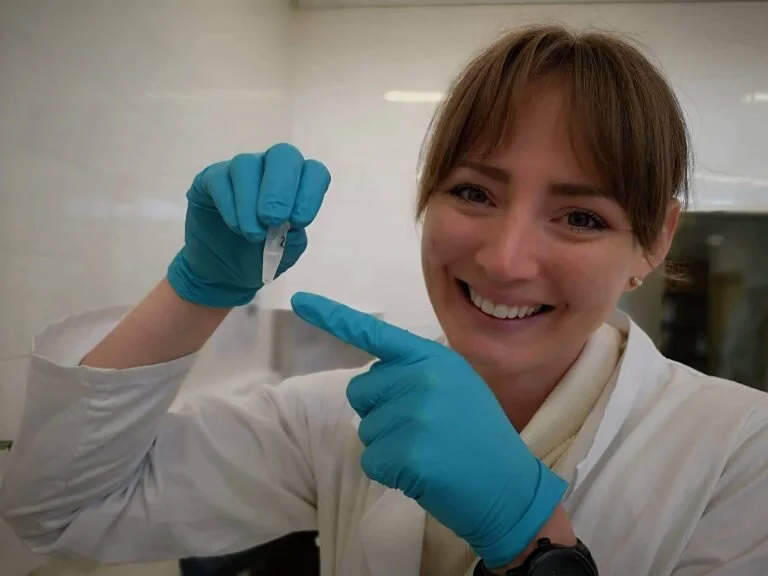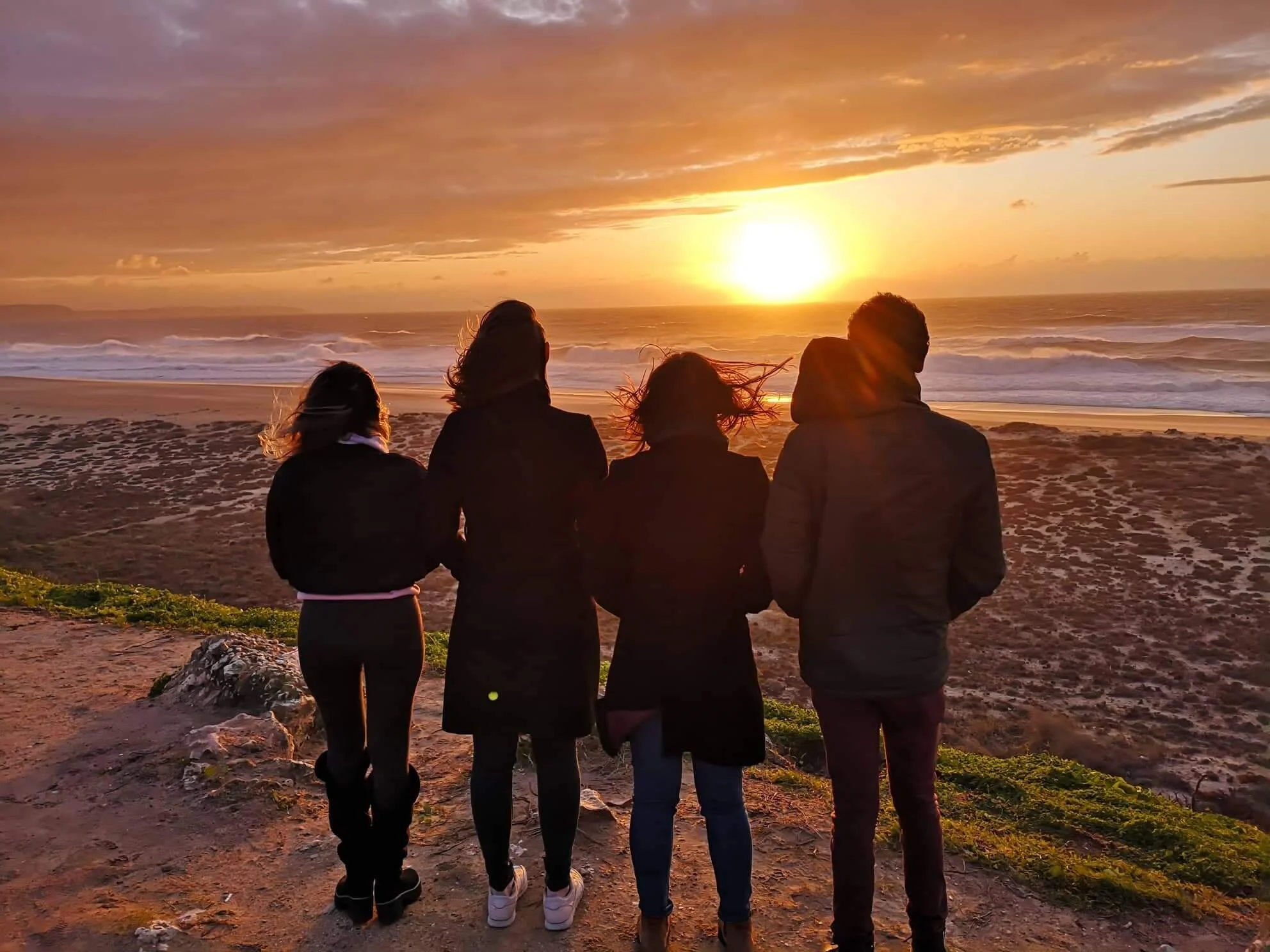New lab technology assessing marine mammal health
It has been an exciting few months for my PhD studies, from field surveys across Victoria, to learning exciting new lab techniques in Portugal, to presenting at the World Marine Mammal Conference in Barcelona. I want to share with you my experience involving exciting international collaborations and learning new techniques that will allow greater real-time health assessment on the endangered Burrunan dolphins.
For my PhD, in collaboration with RMIT and MMF, I am looking at the threat of toxicants to the seals and dolphins from Victoria’s coastal and inshore waters. Essentially which chemicals are accumulating in our local marine mammals and what effect they might be having. The purpose of this project is to not only protect these beautiful animals, but also to use them as bioindicators for the health and chemical burden within the aquatic environments in which they live.
We obviously want to be minimally invasive in sample collection and as a result we have a very small sample to work with. This rules out a lot of typical biomarkers and tests we can run to investigate the health effects of the toxicants. However, a growing aspect in marine mammal toxicology is the use of gene expression biomarkers. Gene expression is a process where a gene product (usually a protein) is synthesised from the information stored in our genetic information, this process is a continual process to create the proteins our body needs for all of its regulation, repair and growth. The expression, or formation of these products, can be promoted or inhibited by the presence of certain chemicals or toxicants. We can measure this effect by looking at the up or down regulation of target genes.
The trip was extremely successful! I took over some small dolphin skin samples and we worked on optimising the extraction technique. We were able to extract fairly good quality RNA from the samples, meaning all the field protocols we have in place for preservation worked! I met the entire research team at CETEMARES which was a thoroughly enjoyable experience. Everyone was very welcoming, inviting me to their team meetings (and speaking in English for me) where I got to learn all about the interesting research they are conducting there with their ecotoxicology and biotechnology teams.
Over the three weeks I learnt new lab techniques, the RNA extraction and cDNA synthesis protocols, we discussed the next steps in the method development and testing, and I got the opportunity to learn a little bit of Portuguese as well!!
I am now working with my new Portuguese colleagues remotely from back here in Australia, where we are in the process of designing and testing our primers – the next step in the procedure. I plan to return to Peniche next year to run the rest of the samples and obtain the results for the project. I am really excited about this collaboration, firstly it is crucial to the successful delivery of my PhD project, secondly it will (and already has) provided me with new skills and knowledge which I can bring back to Australia and into my future work, and has been a great experience in travelling to a new country and experiencing their culture both work wise and socially.
I have built some great working relationships and friendships along this journey and know these will only be strengthened. I’m looking forward to continuing this collaboration, I will keep you updated on the project!




